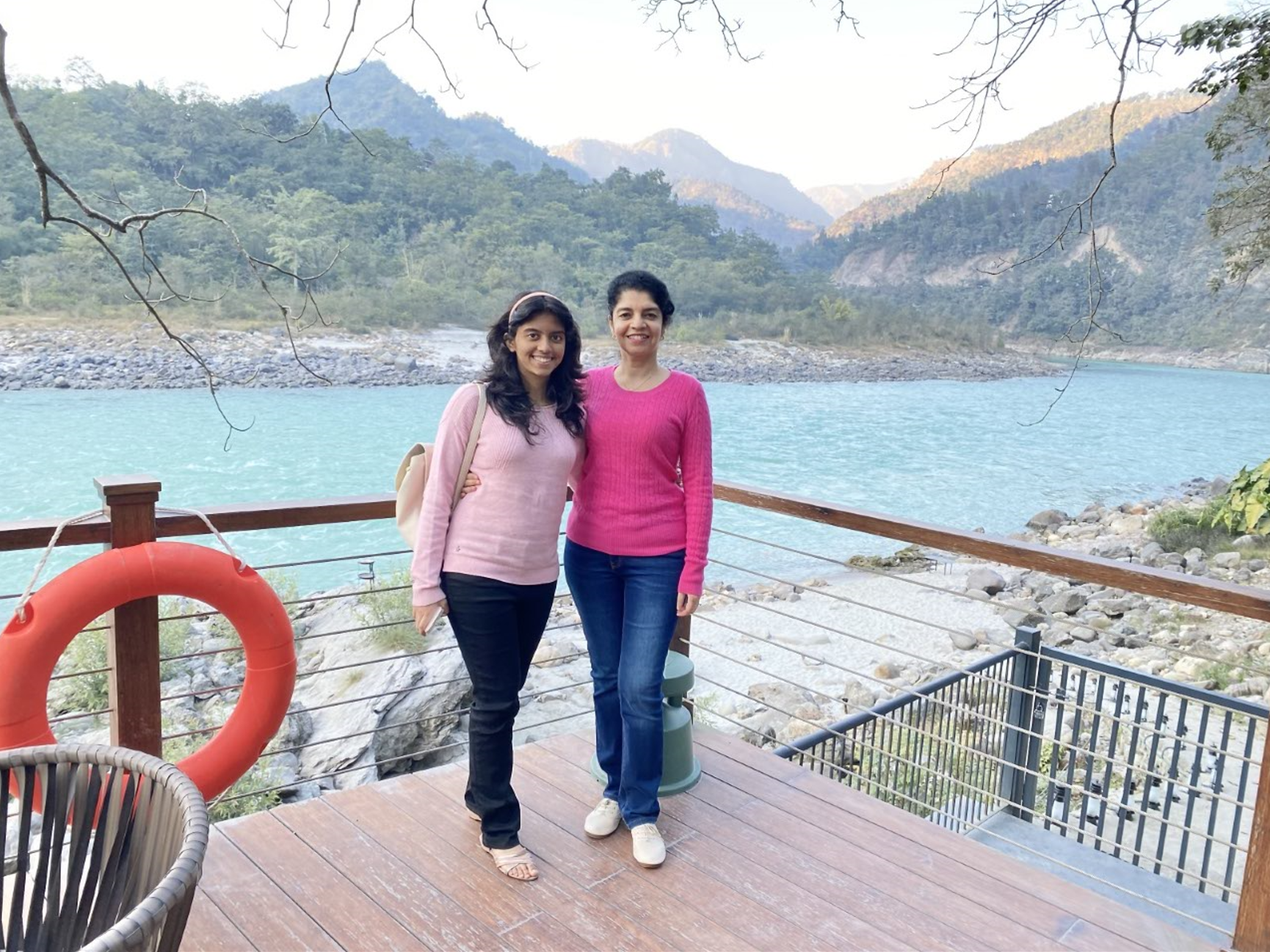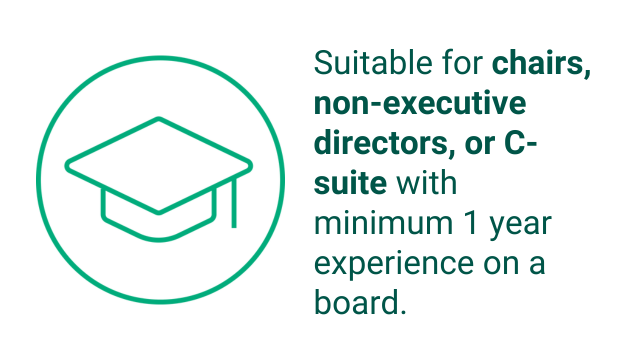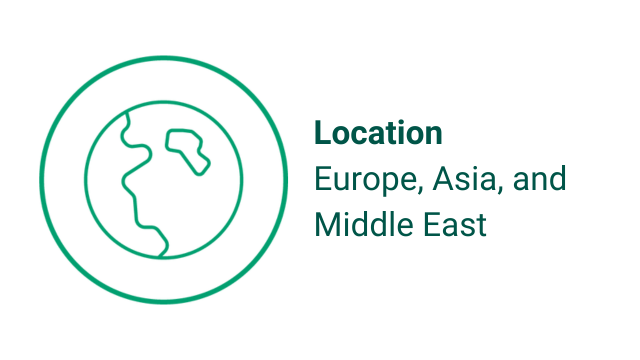Additionally, I have received the Non-Resident Indian of the Year Award which celebrates the global achievements of Indians. My inclusion on the inaugural Singapore 100 Women in Tech List and receiving the Women Leadership Award for Excellence in the Oil & Gas Sector reflect my commitment to impactful leadership.
What role do senior leaders play in fostering an inclusive environment that empowers women?
Senior leaders play a pivotal role in fostering an inclusive environment where women feel empowered and valued.
Senior leaders should establish clear diversity goals, monitor progress, and ensure that hiring and promotion processes are free from bias.
At Azbil Corporation, diversity and inclusion are key drivers of corporate growth; focusing on creating a diverse workplace where employees respect each other’s individuality and utilise their talents to thrive. A key priority is promoting female leaders - we focus on a rating system that tracks progress in assigning women to positions of authority.
Ultimately, senior leaders are not just advocates but role models.
Their visible support for diversity initiatives signals to the organisation that inclusion is a priority.
How have you used your influence to support other women in achieving more in their careers?
I actively support initiatives that equip women with the tools, visibility, and opportunities to excel in leadership. As a member of the judging panel for the Singapore 100 Women in Tech 2023 (SG100WIT), I had the honour of recognizing exceptional women leaders and innovators in Singapore’s technology sector. The list celebrates trailblazers who are driving innovation and shaping the future of technology. Recognising these women not only amplifies their contributions but also inspires and empowers the next generation of women to pursue leadership and STEM careers.
What tangible steps can organisations take to create a culture of equality at the leadership level?
Creating a culture of equality at the leadership level requires bold action and a commitment to systemic change.
Drawing from my experience as a leader navigating senior roles, I have seen how visibility and accountability can catalyse meaningful change. Here are some key steps organisations can take:
- Institutionalise accountability at the leadership level: Organisations must set specific, measurable diversity targets and evaluate senior leaders on their progress toward creating inclusive environments. Accountability ensures that inclusivity becomes a priority embedded in the organisation’s culture.
- Build equitable pathways for advancement: Many women face challenges in breaking through to senior roles. Structured sponsorship programs, where senior leaders actively advocate for high-potential women, are critical in creating opportunities for advancement. This also means re-evaluating the "ideal leader" model to embrace diverse leadership styles.
- Redefine flexibility: Flexibility also focuses on enabling professional growth through leadership rotations, cross-functional opportunities, and board exposure for underrepresented leaders.
- Ensure balanced representation: Organisations must ensure balanced representation in key leadership and strategic decision-making forums. Visibility in these roles is critical to advancing women into more senior leadership levels.
- Invest in inclusive leadership training: Providing ongoing training to managers and executives helps identify and reduce biases that may unconsciously affect hiring, promotions, and team dynamics.
When leaders act intentionally to create pathways for diverse talent, organisations unlock innovation, strengthen collaboration, and achieve sustainable success.
What advice would you give to those looking to champion women’s leadership in their organisations?
Take intentional, bold actions that create real opportunities for growth and advancement. I’ve seen that progress comes when we combine clear actions with strong systems of support. Here’s how to make a meaningful impact:
- Advocate for sponsorship, not just mentorship: Sponsorship actively propels women into leadership roles by connecting them to high-visibility projects, opportunities, and decision-makers.
Leaders must not only mentor women but also open doors for them. - Celebrate women’s leadership boldly: Amplify the successes of women in leadership roles to challenge stereotypes and create aspirational models.
- Lead by example: Embody inclusive leadership values in all interactions. Promote policies that reduce barriers for women, such as leadership programmes tailored for diverse career paths.
- Foster networks of support: Encourage women to build peer networks and engage in professional forums that strengthen their leadership skills. Organisations should create platforms for these conversations to thrive.
More information about the programme Anju attended:
International Directors Programme is INSEAD's flagship programme in corporate governance. It is a unique educational experience that aims to develop effective directors for the global business scene.
Programme benefits
Limited seats available - Apply now













